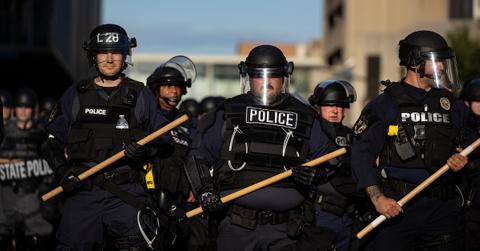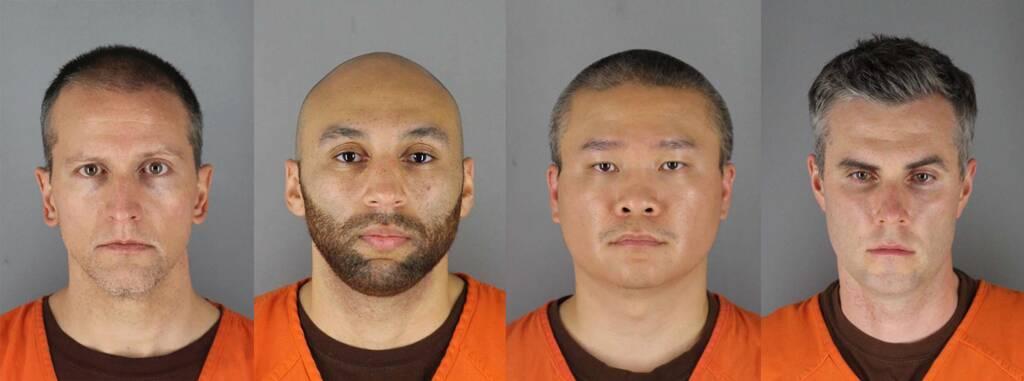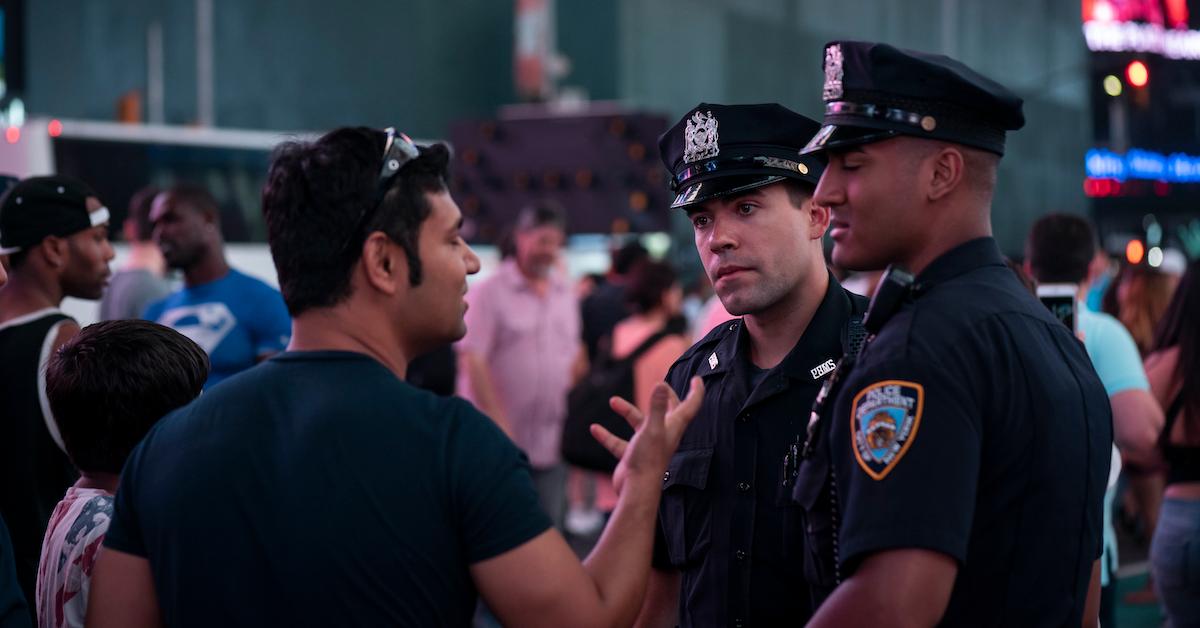Why Is It So Hard to Convict Police Officers Who Use Deadly Force?
Updated June 4 2020, 4:16 p.m. ET

According to the 2017 Police Violence Report, only 1 percent of killings by police result in officers being charged with a crime, and in those that do result in charges, very rarely are officers convicted of wrongdoing. But as recent incidents like the deaths of Breonna Taylor and George Floyd show, there are a troubling number of incidents where, at, best police have shown negligence and, at worst, an intent to kill. If you, like many, wonder why it is so hard to convict police officers, here are some of the many factors at play.
Why is it so hard to convict police officers? For one, juries tend to find in favor of police.
As Minnesota Attorney General Keith Ellison explained to Anderson Cooper, at the conviction level it comes down to our conditioning. "Weren't we all raise to believe if you have a problem, the people you should call is the police?" Ellison asked rhetorically.
"Juries tend to resolve doubts in favor of the police," he continued. "Where there's a credibility dispute, they have a tendency to believe the police. There are many times when that credibility is not deserved or warranted in individual cases."

From left: Derek Chauvin, J. Alexander Kueng, Tou Thao, and Thomas Lane
But before a jury even gets to decide the fate of an officer accused of wrongdoing, there are many factors that can prevent charges being brought in the first place.
Laws protecting the use of deadly force vary among various jurisdictions.
Police have several immunities when it comes to the use of deadly force, and so the burden of proof of wrongdoing is much larger in cases when an officer takes the life of a civilian. While some departments have implemented changes that reduce the risk of suspects dying in custody and also provide greater accountability measures, there is a lot of progress still to be made.
The "Eight Can't Wait" project by Campaign Zero seeks to urge all departments to adopt eight measures, including a ban on chokeholds and comprehensive reporting, which data has shown reduce police violence by as much as 72 percent. Unfortunately, only 2 of the top 100 departments in the nation currently employ all eight measures — Tuscon, Ariz. and San Francisco, Calif. And, as GQ noted, in the latter case that is only because they were ordered to do so by the federal government.

One of the biggest hindrances to charges being brought is that, in many jurisdictions, it is not required that officers report all uses of force on suspects, and most of the time investigations into possible misconduct are carried out internally without oversight from an objective third party.
District attorneys are often reluctant to bring charges, too.
Another roadblock to convictions is that district attorneys rely on good relationships with police to carry out their prosecutions, and are therefore often reluctant to filing charges against an officer. The worry is that showing a willingness to prosecute law enforcement officers will lead to difficulties in investigations for other cases.
Police also typically benefit from close relationships with mayors, judges, and other officials with influence over how justice is carried out. So perhaps the biggest change that needs to occur is a willingness within police departments and within other branches of the criminal justice system to hold each other accountable. And for that, fellow officers and prosecutors must feel they will not face retaliation in the pursuit of justice.
If you are looking for ways to donate your time or money to Black Lives Matter and other antiracist organizations, we have created a list of resources to get you started.